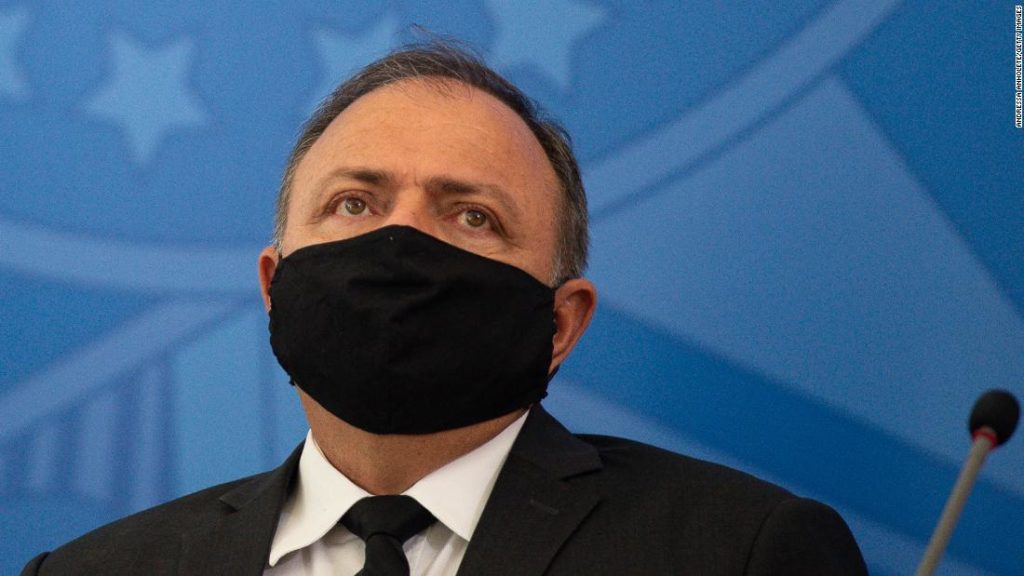The plan consists of four phases based on priority groups. The first three phases will constitute the vaccination of 49,650,255 people and should start in February, according to health authorities.
The priority groups will include health and educational workers, the indigenous population, elderly people over 75 years old, those with pre-existing health conditions, security forces and transport officials and inmates, among others.
“In addition, a memoranda of understanding was done with the pharmaceutical company Pfizer to acquire 70 million doses –8.5 million doses by June 2021, with 2 million doses expected for the first quarter– and with the pharmaceutical company Janssen, for the acquisition of 38 million doses, of these, 3 million doses for the second quarter of 2021,” says the statement.
Additionally, at the end of September, the state of Sao Paulo signed an agreement with Chinese SinoVac to receive millions of doses of the potential vaccine. Sinovac and Brazilian leading biomedical research center, the Butantan Institute, conducted Phase III trials of the vaccine in Brazil.
“All vaccines produced in Brazil, by Butantan, Fiocruz or by any industry, will have the priority of SUS (Brazil’s national health system),” Pazuello said.
In Brazil, four vaccines are in Phase III testing: AstraZeneca, Janssen, Sinovac and Pfizer. None have requested emergency registration with ANVISA to date, according to a Wednesday statement from the country’s health ministry.
You may also like
-
Afghanistan: Civilian casualties hit record high amid US withdrawal, UN says
-
How Taiwan is trying to defend against a cyber ‘World War III’
-
Pandemic travel news this week: Quarantine escapes and airplane disguises
-
Why would anyone trust Brexit Britain again?
-
Black fungus: A second crisis is killing survivors of India’s worst Covid wave

